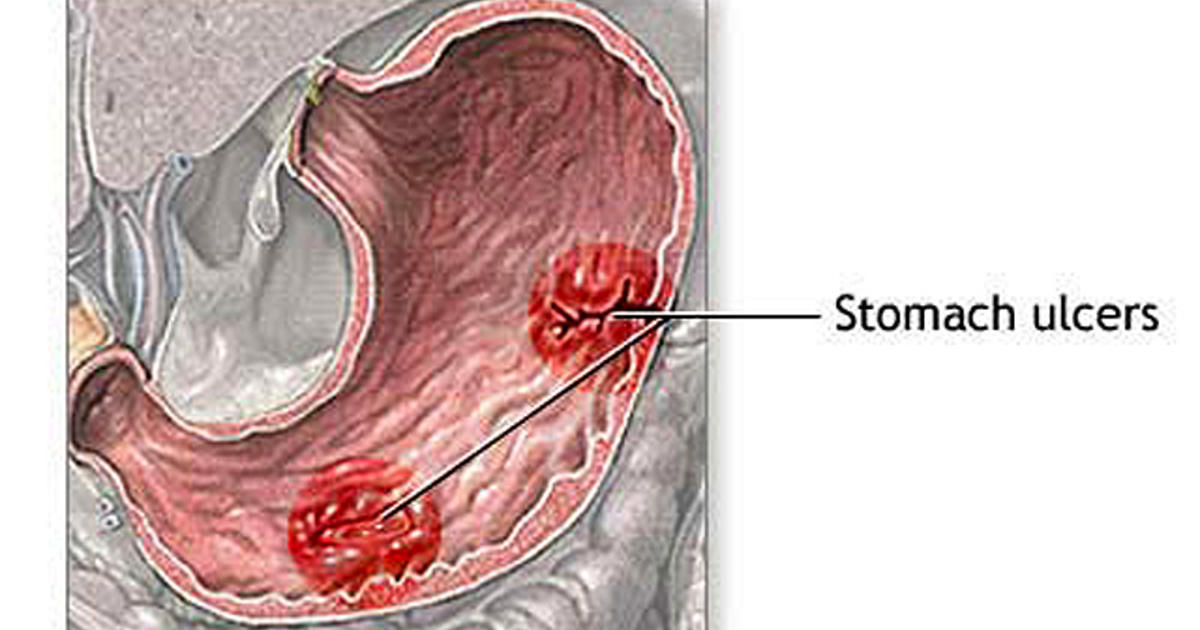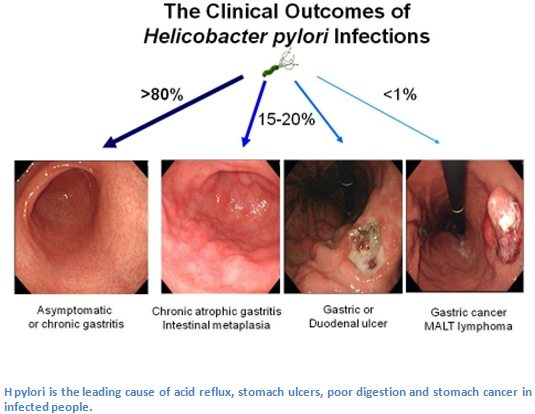H Pylori Treatment – Treating Your Stomach Ulcers With This Antibiotic

For sufferers of stomach ulcers caused by H pylori, doctors usually recommend a course of antibiotics. This treatment can work for some people. But there are other ways to get relief from the pain and discomfort that come from this overgrowth
Patients with positive test results for H pylori should receive treatment with either ranitidine or proton pump inhibitors (PPIs) that include at least 10 days of an anti-biotic medication or a PPI. Antibiotics can help control the growth of stomach bacteria that feeds on the stomach acid produced by H pylori, but they can also weaken the immune system, leaving you vulnerable to stomach diseases like stomach cancer.
If your stomach ulcers do not respond to antibiotics, you should consider other treatment options. Doctors typically recommend a course of a different kind of medication known as metronidazole or dabrafenoxazole, which will kill any bacteria and reduce the amount of stomach acid produced. This is particularly effective in those who have been suffering for several weeks or months, since the stomach does not produce as much stomach acid.
In many cases, the cause of stomach ulcers is not the H. pylori itself. In fact, it may be more of a complication of another condition, such as an infection. For this reason, you should see your doctor as soon as you suspect you have an infection that could be causing your stomach ulcer. Antibiotics will only temporarily relieve stomach ulcers.
H. pylori stomach ulcers can last longer than other ulcers caused by infections and are more likely to affect people with certain types of stomachs. For example, people with Helicobacter pylori and ulcerative colitis should take extra care when choosing a treatment plan. Those with Crohn's disease, ulcerative colitis, or ulcerative esophagitis should be cautious about the treatment of H. pylori.
Ulcerative colitis occurs when your immune system is weak and when you have inflammation in your digestive system. The lining of the stomach is too thick and makes it difficult for stomach acid to drain. Ulcerative esophagitis occurs with an excess of gastric juice. When stomach acid builds up in the stomach and esophagus, it irritates the intestinal lining, causing pain and burning.
Most of the time, symptoms of ulcerative colitis and ulcerative esophagitis occur when someone has been suffering from these conditions for several weeks or months. Sometimes the problem goes away and then returns after a few months, but it is important to note that this condition can recur. Most experts agree that H. pylori treatment should be considered for ulcerative colitis patients as soon as they notice symptoms. The goal of treating an infection is to prevent recurrence of symptoms.

Many patients feel relief after this treatment, and many experience some improvement after a week or so. However, if the condition persists and does not improve, doctors usually recommend surgery to remove the damaged part of the stomach or lower esophageal sphincter.
For people with ulcerative colitis, there are different ways to treat the infection so you may choose between taking prescription medications or a home remedy to treat your stomach inflammation. You can also use prescription medications along with a natural approach to treat your infection, such as eating yogurt or taking acidophilus supplements.
Acidophilus supplements are available in tablet, powder, and liquid forms. They are usually taken in combination with a healthy diet and daily exercise to ensure proper digestion.
If you decide to use an acidophilus supplement, it is important to avoid processed foods or food items such as ice cream, canned foods, cookies, pretzels, and cheese. The problem with these foods is that they contain a lot of starch and sugar that make your digestion slows down. You may also want to avoid dairy products and meats.
Stomach acid can be very hard on your stomach and can damage the lining of your stomach and intestinal wall. Acidophilus supplements should help you restore proper digestion.
